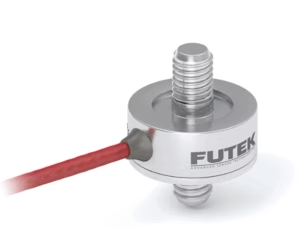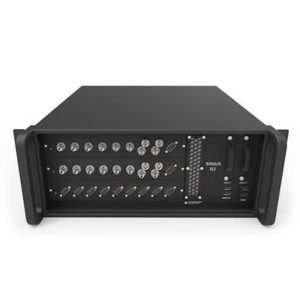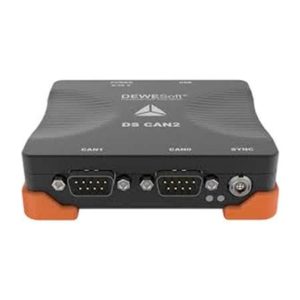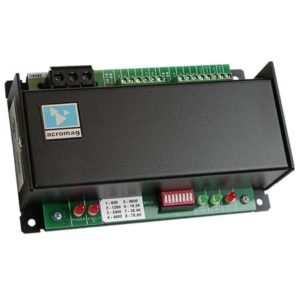VisAnalyser is a specialised Windows Advanced Data Analysis Software.
Firstly, any length files can be viewed. The whole file or any fragment can be shown on the graphs. Achieved by choosing the file fragment, viewing it in the preview area and highlighting and displaying it at any scale.
Secondly, it is a windows based software. It operates from Windows 7 and later. The installation wizard will guide the process and run the software. For Data Export the file into CSV or binary format for viewing in Matlab or LabView.
Spectrum Analysis
Calculate power spectrum density of the signal, view the RMS and amplitude spectra. Used for vibration diagnostics of machines and mechanisms. As well as finding the source of vibration and finding the differences in the vibration structure. Here you can specify the window length, function, average type and zero offset.
Part Octave Analysis
Part Octave analysis allows the calculation of the octave spectrum. Including a preset octave part from 1/1 to 1/24 based on FFT calculation or IIR filters. Often used for vibration diagnostics of machines and mechanisms acoustically.
Statistical Analysis
Statistical Analysis obtains various integrated characteristics of the signal. Such as RMS, Mean, Minimum, Median, Sigma Clipping and Maximum values. As well as analysing the displacement of the object using a recording of acceleration.
Other features of the software include: editing files and vibration diagnostics using balancing wizard and calculator.
Online Analysis
The online analysis feature analyses data from the analog channels of the acquisition systems in real-time. Analyse data from up to 512 channels from different sources.
In this section you can also record data and study the spectrum structure of the signal using waterfall and complex analysis.
Possible applications of VisAnalyser Advanced Data Analysis Software:
- Viewing the waveform of the recorded signal;
- Spectrum graphs: calculation of spectrum density, RMS or amplitude spectrum;
- Statistical analysis: calculating RMS, median, minimum and maximum values in the preset fragment of time; calculating the absolute acceleration value on 3 axes; calculating standard deviation;
- Signal integration and double-integration, calculating the absolute value and sigma-clipping;
- Arithmetic operations: adding, dividing or multiplying a signal by a signal or a constant, subtracting a signal from a signal or a constant;
- Filtration with FIR or IIR filters. You can specify the filter type: high-pass, low-pass, band-pass, band-stop, and the frequency parameters (cut-off frequencies and attenuation ratio);
- Shock response spectrum;
- Modal analysis.
For more information, contact us.




